Africa day celebration
The Executive Secretary of the Comprehensive Test Ban Treaty Organization (CTBTO) Lassina Zerbo, a Burkina Faso national, addressed the event and emphasized the important role Africa contributes towards disarmament and international security. Zerbo noted that security is important—despite competing priorities in the developing world—as without security one cannot attain other basic needs.
Zerbo also stressed that Africans need to construct their own narratives and devise home-grown solutions against corruption and other issues. Drawing an analogy between corruption on the one hand, and nuclear disarmament and non-proliferation on the other hand, Zerbo noted that similar to the implementation of nuclear non-proliferation and disarmament initiatives, the fight against corruption requires certain similar elements. He suggested there is a need for incentives, including higher salaries, fairer recognition and rewards systems, as well as a need for deterrents, including regulatory frameworks. Furthermore, transparency, education, training and capacity-building is key to address both issues.
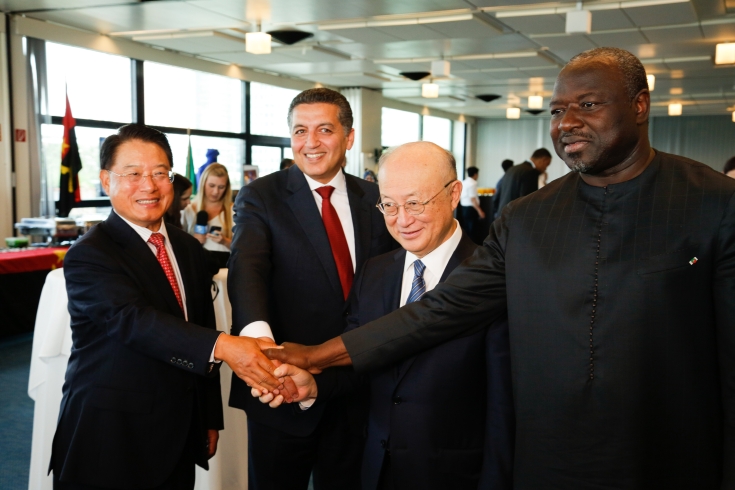
In solidarity with the Africa Group, heads of Vienna-based organizations--LI Yong (UNIDO), Yukiya Amano (IAEA) and Lassina Zerbo (CTBTO), join hands with Ambassador Omar Amer Youssef, Permanent Representative of the Arab Republic of Egypt and Chairperson of the Africa Group.

CTBTO Executive Secretary Lassina Zerbo delivers his remarks to the Africa Day 2018 celebration.
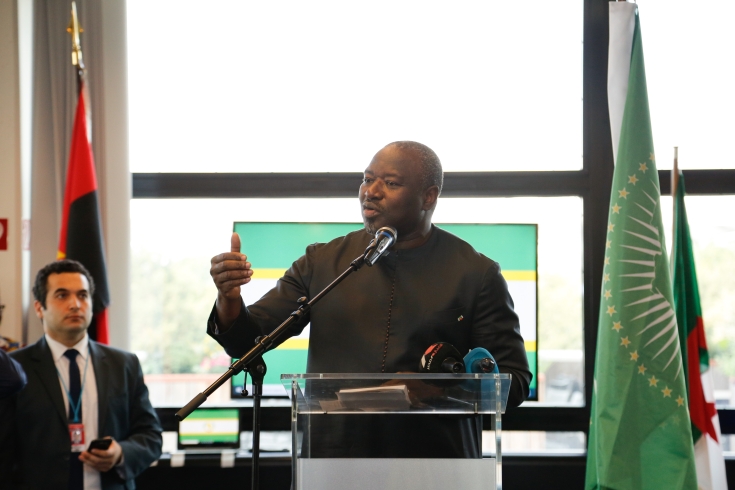
CTBTO Executive Secretary Lassina Zerbo delivers his remarks.
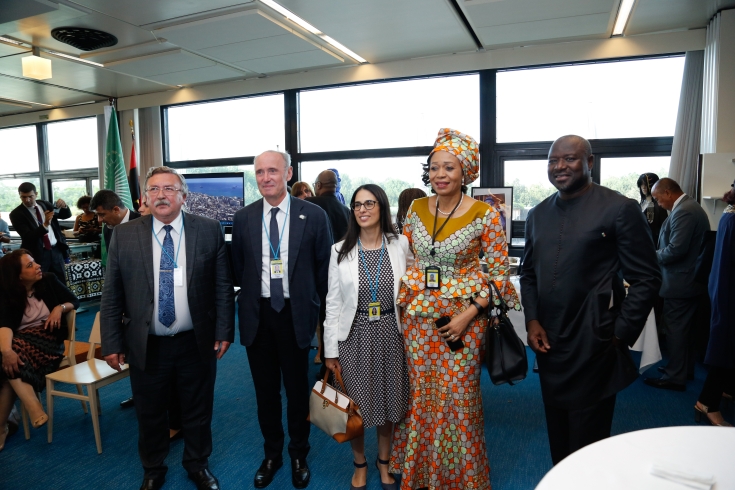
Various ambassadors from Vienna missions joined the festive Africa Day 2018 celebration.
There is an urgent need for Africa and Africans to construct their own narratives and come with home-grown solutions.
African leadership in banning all nuclear testing serves as an example to the international community: of Africa’s 54 States, 51 have signed the CTBT, and 45 have also ratified it by now. The continent is also the world’s most recent and largest nuclear-weapon-free zone: The Pelindaba Treaty entered into force in 2009 and prohibits the testing, research, development, manufacturing, stockpiling, acquisition, possession, control, and stationing of nuclear explosive devices in the territories of its Member States. Africa also plays a key role in the CTBT verification regime by hosting numerous monitoring facilities. Once complete, 38 monitoring facilities will be located in 24 African States.
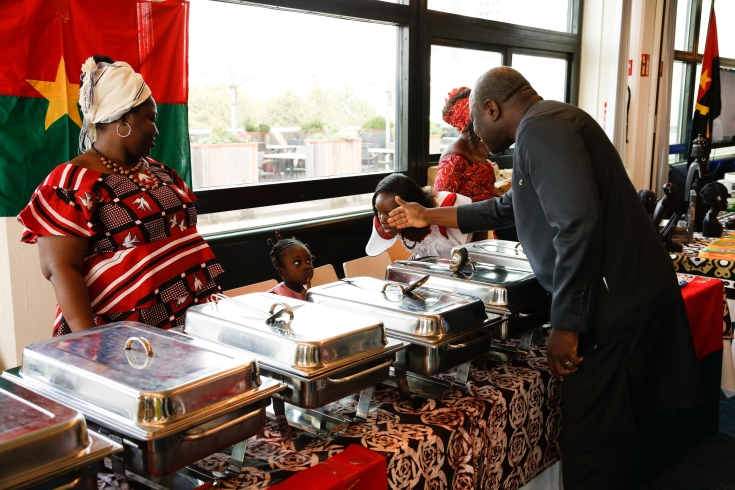
Lassina Zerbo visits the Burkina Faso booth at the Africa Day 2018 celebration.
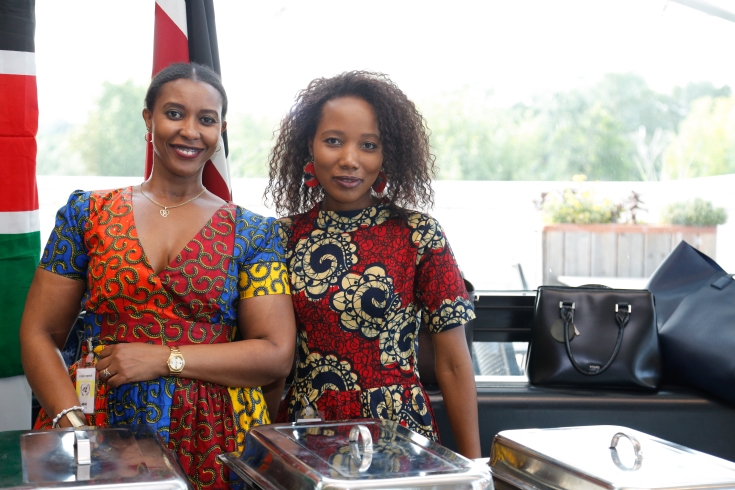
National dress, food and music contributed to the festivities of the Africa Day 2018 celebration.
5 Jun 2018
